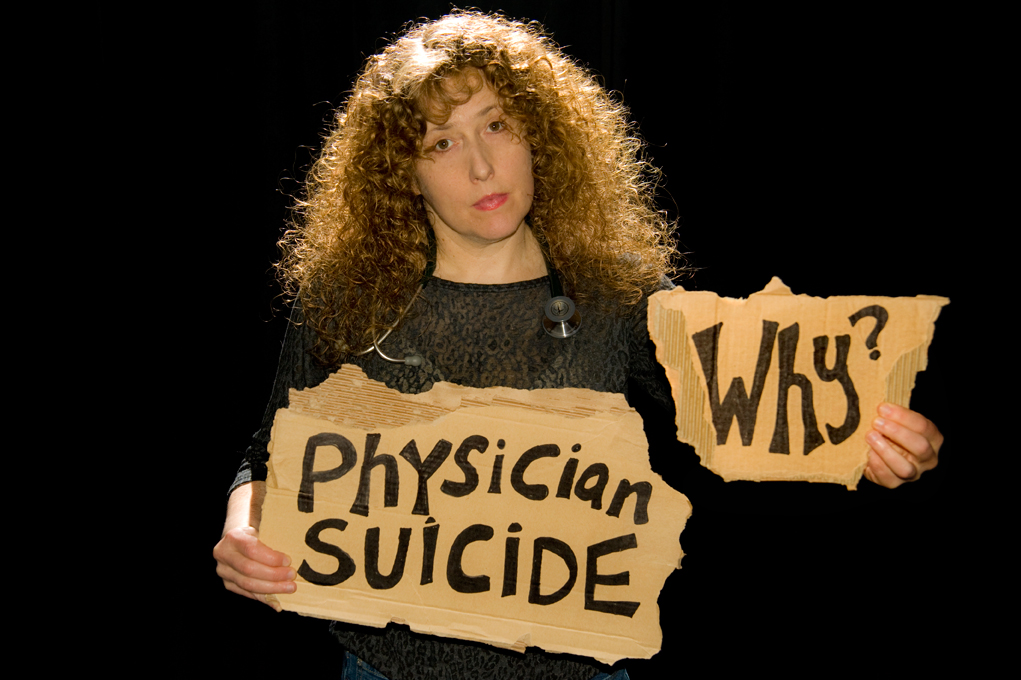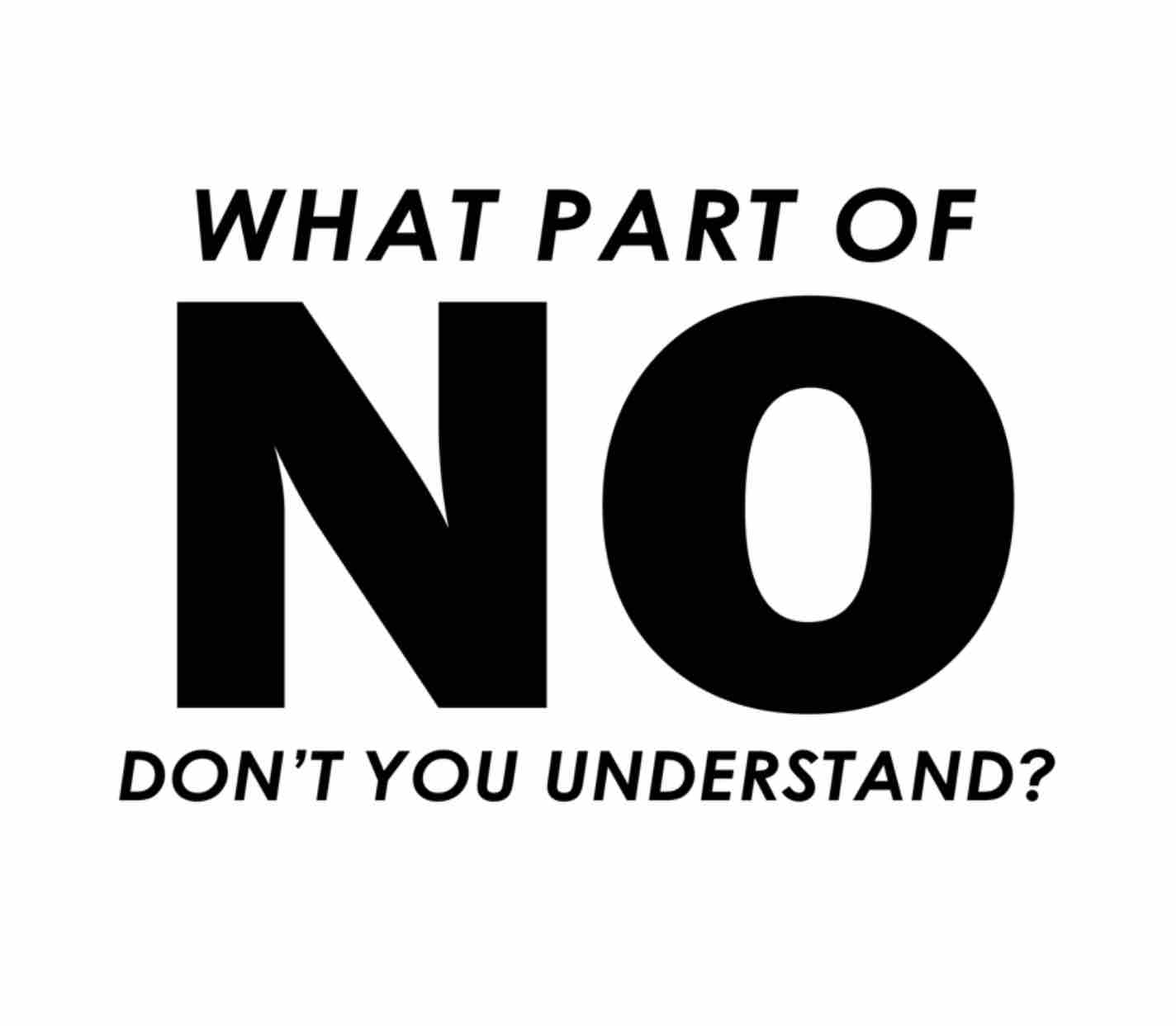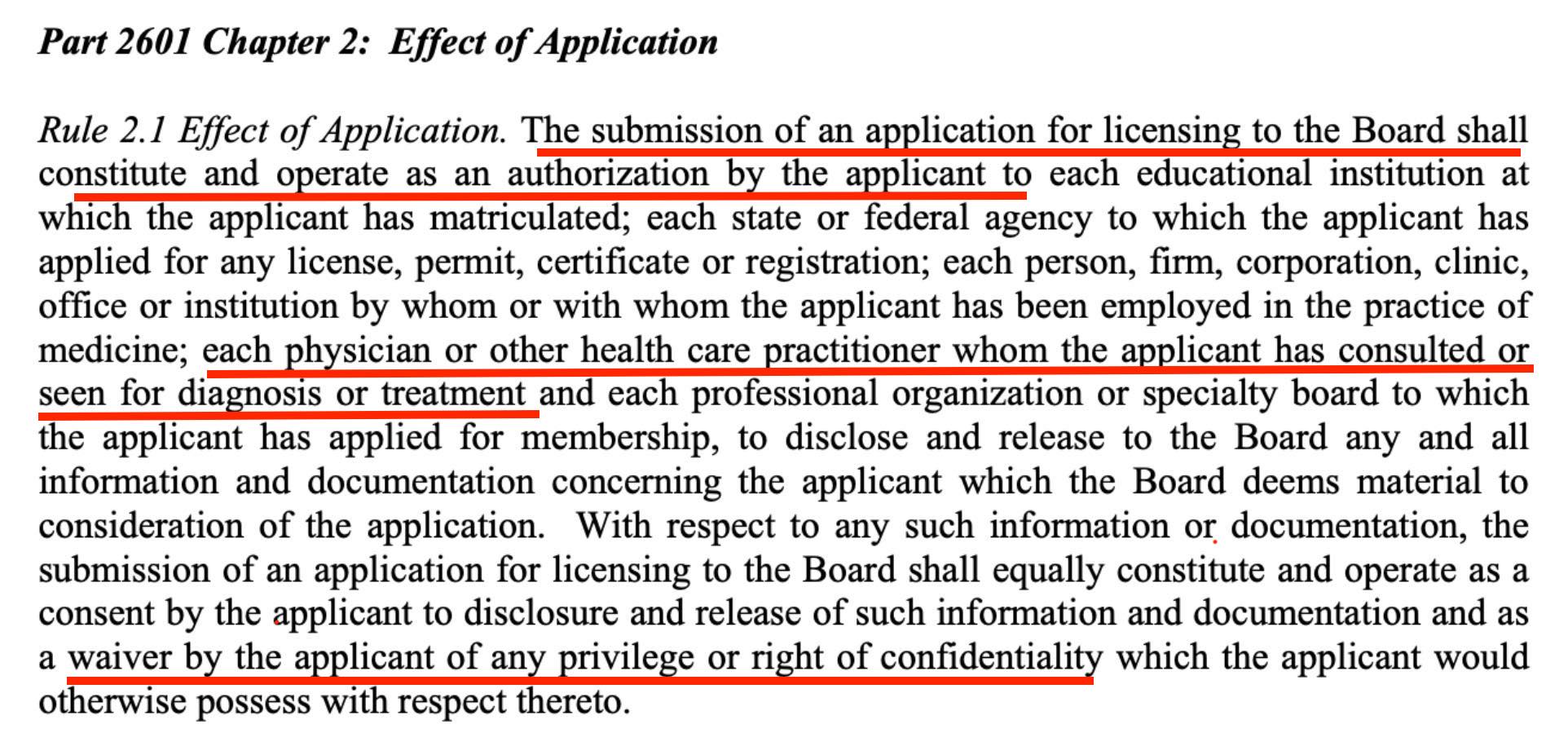A song about the physician’s position from a musician’s perspective.
Physician’s Position
By Dr. M5 Vibe with Pamela Wible, M.D.
The greatest part of life is giving life
In my opinion, my decision
Led me down to a path always envisioned
Physician, the hours are long, felt a bit guilty
When I took a position
Way on the outskirts of the city
Cuz I know my family’s gonna miss me
Can feel the heartbreak prick my lips when my partna kiss me
But she loves me so she understands
The passion that I’m discovering delivering
A newborn baby with my own hands
Looked in his deep, dark-brown, round eyes
Mesmerized, soft enough to make a grown man cry
No lie
I hand him back to his mama
The room grew silent
For a moment I was in Nirvana
Left them in private
Damn, I walked up out the building
Feeling like the fuckin’ man
Until life sent a humbling message
Missed calls, hundreds of texts
Emergency asking for presence
The feeling I felt was unpleasant
Hopped in my car and I tailed it
Walked in the room and I felt the
Heaviness of the horrors that I saw
Murphy’s law
After all we’re professionals
Hold emotions in and never let ’em go
No
Keep them inside, sit by the family’s side
Second by second I see the light is fading out their eyes
Until there’s nothing left
Call time of death
We stood by his side until his last breath
Wake up
It’s getting late, bruh
Peace to Father Time
And respect to Mother Nature
Guess ya never know
When ya gonna meet ya maker
Better take it slow
Life mo’ precious than ya know
Wake up
It’s getting late, bruh
Peace to Father Time
And respect to Mother Nature
Guess ya never know
When ya gonna meet ya maker
Better take it slow
Life mo’ precious than ya know
My forehead is soaked, hands are cold as ice
How do you break it to a family that they lost a life?
Then drive home to my family and try to go to sleep at night
I toss and turn until I see the morning light
Then you do it again, and you got to pretend
You didn’t see what you did
Ain’t that some shit?
But who am I to complain?
The nurse right next to me
Experienced the same thang
How do you look into his mother’s eyes?
Fight back my tears while I explain
Why her son has died
Years of schooling don’t prepare you for this side of life
No time to process still
I got a patient in the next room
Mad cuz they ain’t got their pills
Enough to break your will
Enough to make you quit
Felt like this for years and I ain’t proud of it
And the hospital’s ill, sick of their politics
Short on our staff but hire another neurologist
Like what the fuck
Depression creepin’ round the corner
Pop a couple pills
Mix with alcohol and marijuana
Barrel to my dome
What’s the point of a diploma?
When I’m paying on these loans
Sinking deeper in this hole I’m in
Sobering
Heavy is the head that I’m shouldering
I been pickin’ out the casket I’ll be loaded in
But my family’s on my mind
It’s been hard for me to describe
All the pain and the pressure I been holding in
I wanna let it go
Wanna release it
Wanna be there for my wife and daughter
Lord know that they need me
Been a ghost around the house
It’s been weeks since they seen the real me
Guess I had to hit rock bottom
To get a view of the ceiling
Damn it was revealing
How deep I really hurt
But I buried it in work
Then I covered it in dirt
I could use a fuckin’ hand
Cuz it’s only getting worse
Had to take a chance
Maybe therapy would work
Wake up
It’s getting late, bruh
Peace to Father Time
And respect to Mother Nature
Guess ya never know
When ya gonna meet ya maker
Better take it slow
Life mo’ precious than ya know
Wake up
It’s getting late, bruh
Peace to Father Time
And respect to Mother Nature
Guess ya never know
When ya gonna meet ya maker
Better take it slow
Life mo’ precious than ya know
Doctor 5, what brings you in?
Um, I just feel I need someone to talk to.
I’m glad you’re here. What’s been bothering you?
I don’t know where to start.
Any place is a good place to start. How you feeling now?
Sad, all the time.
What’s making you feel so sad?
Wake up
It’s getting late, bruh
Peace to Father Time
And respect to Mother Nature
Guess ya never know
When ya gonna meet ya maker
Better take it slow
Life mo’ precious than ya know
Wake up
It’s getting late, bruh
Peace to Father Time
And respect to Mother Nature
Guess ya never know
When ya gonna meet ya maker
Better take it slow
Life mo’ precious than ya know
















